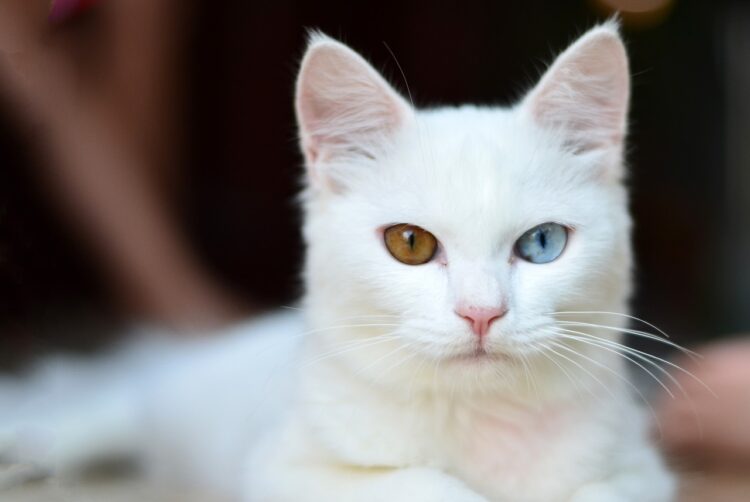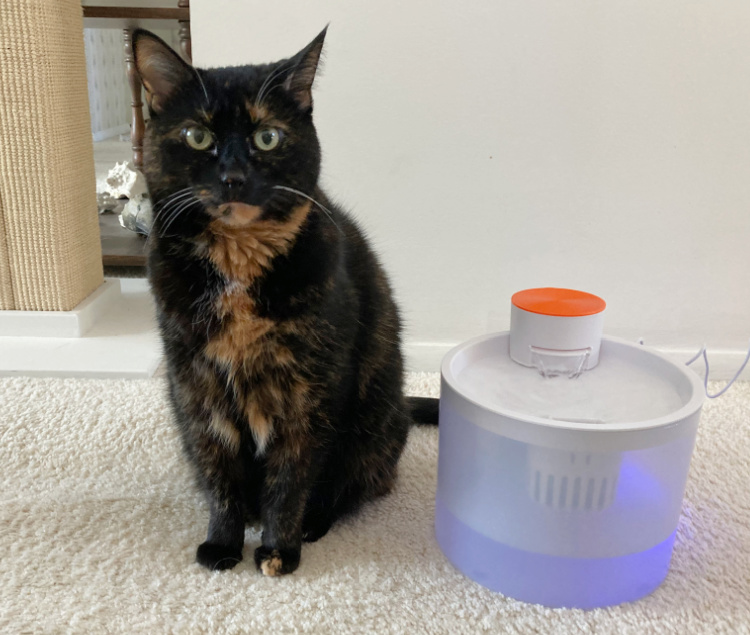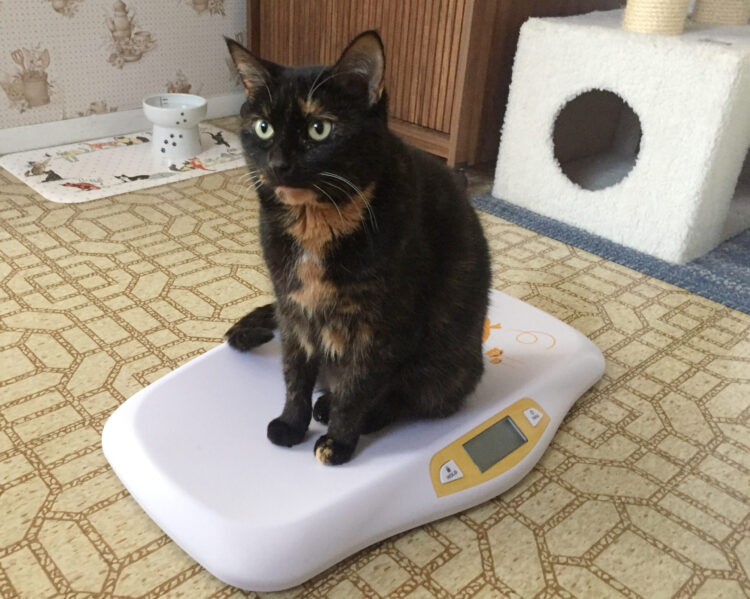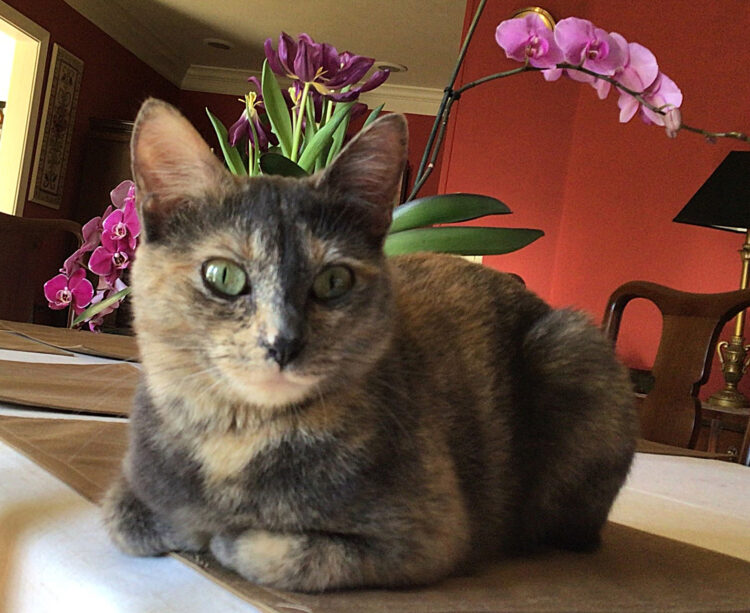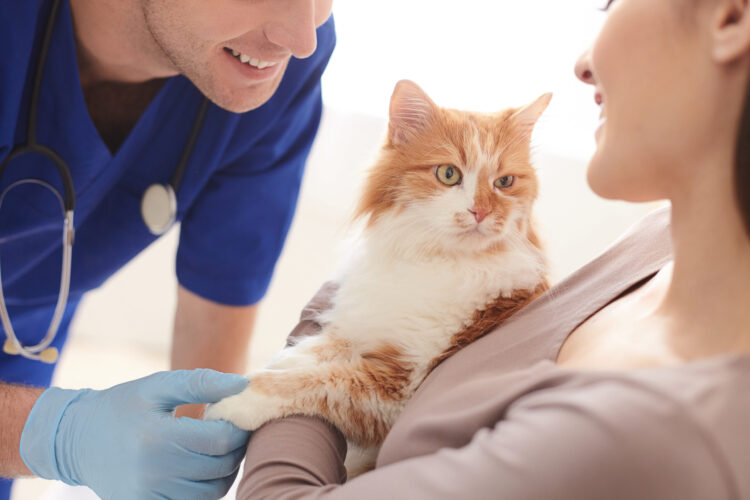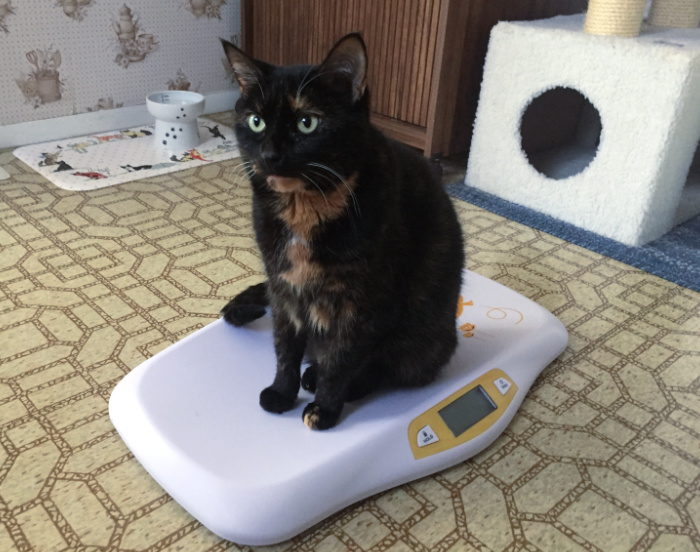
Guest post by Ingrid R. Niesman MS, PhD
During the first few months of 2022, I had two apparently healthy and happy Siamese boys. Until I didn’t.
Uli was diagnosed with asthma in January. Click here to read The Challenges of Treating Feline Asthma for his story.
Then, in March, heartbreak struck again. Big boy Paterson started vomiting. At first, it was just occasional, and we wrote if off as hairballs. By the third week of March, we became worried and scheduled a vet appointment.Continue Reading

